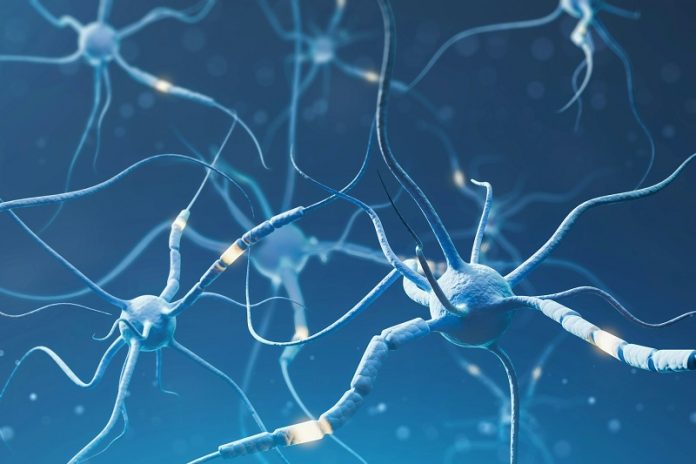
Researchers have found that certain factors, including age, sex, and heart health, can predict how much a person with Alzheimer’s disease will experience cognitive decline and how much they will depend on their caregivers over the next two years.
This study, conducted by scientists from the Ernst von Bergmann Clinic in Germany and the General Hospital in Hall, Austria, provides new insights into how Alzheimer’s disease progresses and highlights the importance of considering caregivers in treatment plans.
Alzheimer’s disease, a major cause of dementia, affects between 50% and 70% of those diagnosed with the condition.
To better understand what might predict cognitive decline in Alzheimer’s patients, the researchers followed 500 Austrian patients with probable or possible Alzheimer’s disease for two years.
They collected information on the patients’ medical history, including conditions like heart disease, irregular heart rhythms (atrial fibrillation), and diabetes.
They also tracked the patients’ cognitive function, daily living activities, depression, pain, and other neuropsychiatric symptoms, as well as the burden on their caregivers.
The study found that all patients experienced significant cognitive decline over the two-year period.
This decline was linked to a reduced ability to perform daily activities and an increased need for caregiver support.
Key factors that predicted cognitive decline included older age, being female, difficulty with daily activities, and depression.
Patients who were older, female, struggled with daily tasks, or had a history of atrial fibrillation were at the highest risk of severe cognitive decline after two years.
These changes in cognitive function were strongly associated with a greater burden on caregivers.
While the study had some limitations, such as a high dropout rate and the exclusion of lifestyle factors like physical activity, smoking, or alcohol use, the findings suggest that a combination of demographic factors (like age and sex), daily functioning, and previous medical conditions can help predict how Alzheimer’s will progress.
The study also emphasizes the need to consider caregiver burden when diagnosing and treating Alzheimer’s patients.
The authors of the study concluded that treating Alzheimer’s should involve both the patient and their caregiver, rather than focusing solely on the patient.
This approach could help better manage the disease and improve the quality of life for both patients and their caregivers.
If you care about Alzheimer’s disease, please read studies about vitamin D deficiency linked to Alzheimer’s and dementia, and strawberries can be good defence against Alzheimer’s.
For more health information, please see recent studies about foods that reduce Alzheimer’s risk, and oral cannabis extract may help reduce Alzheimer’s symptoms.



